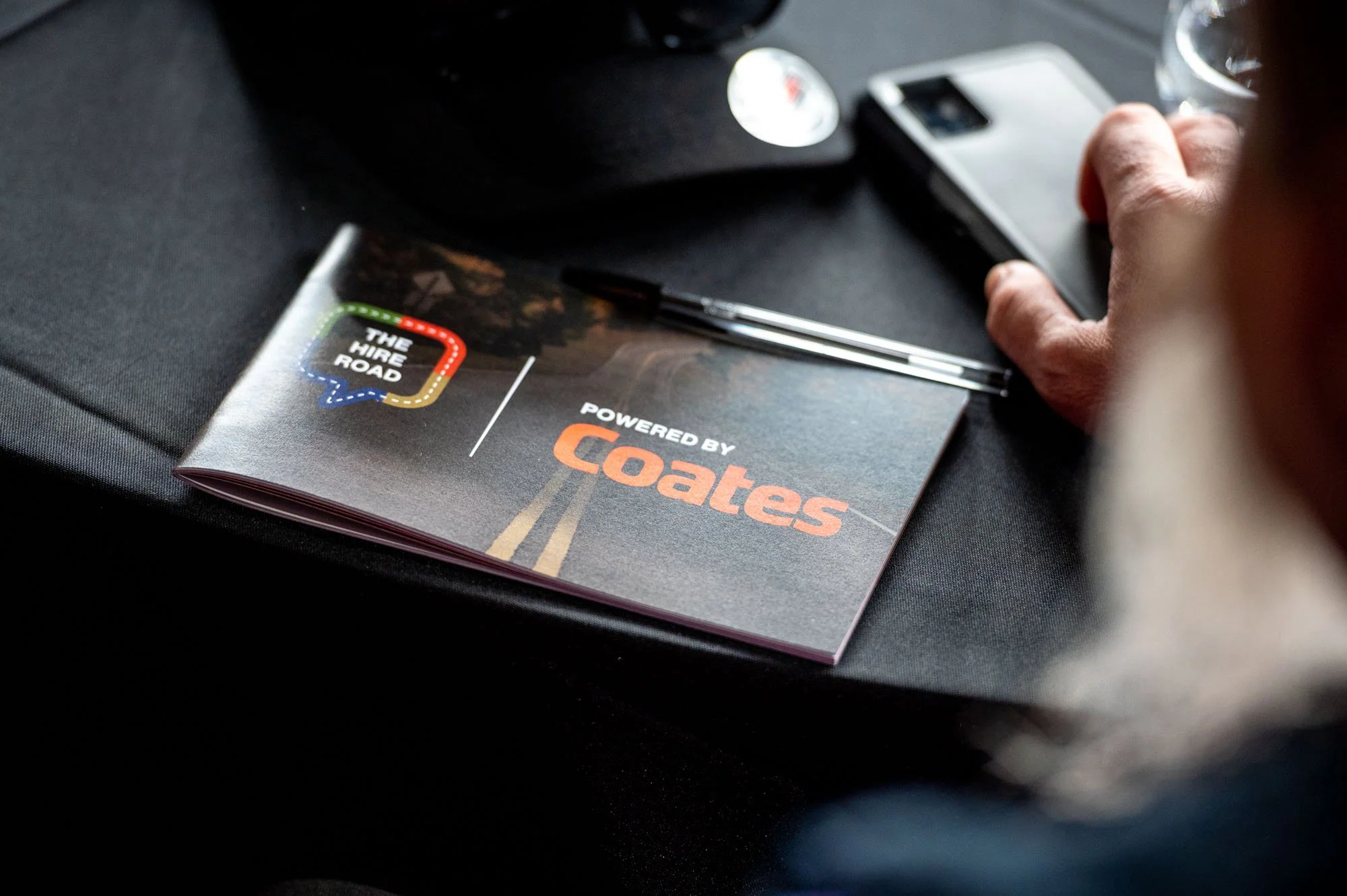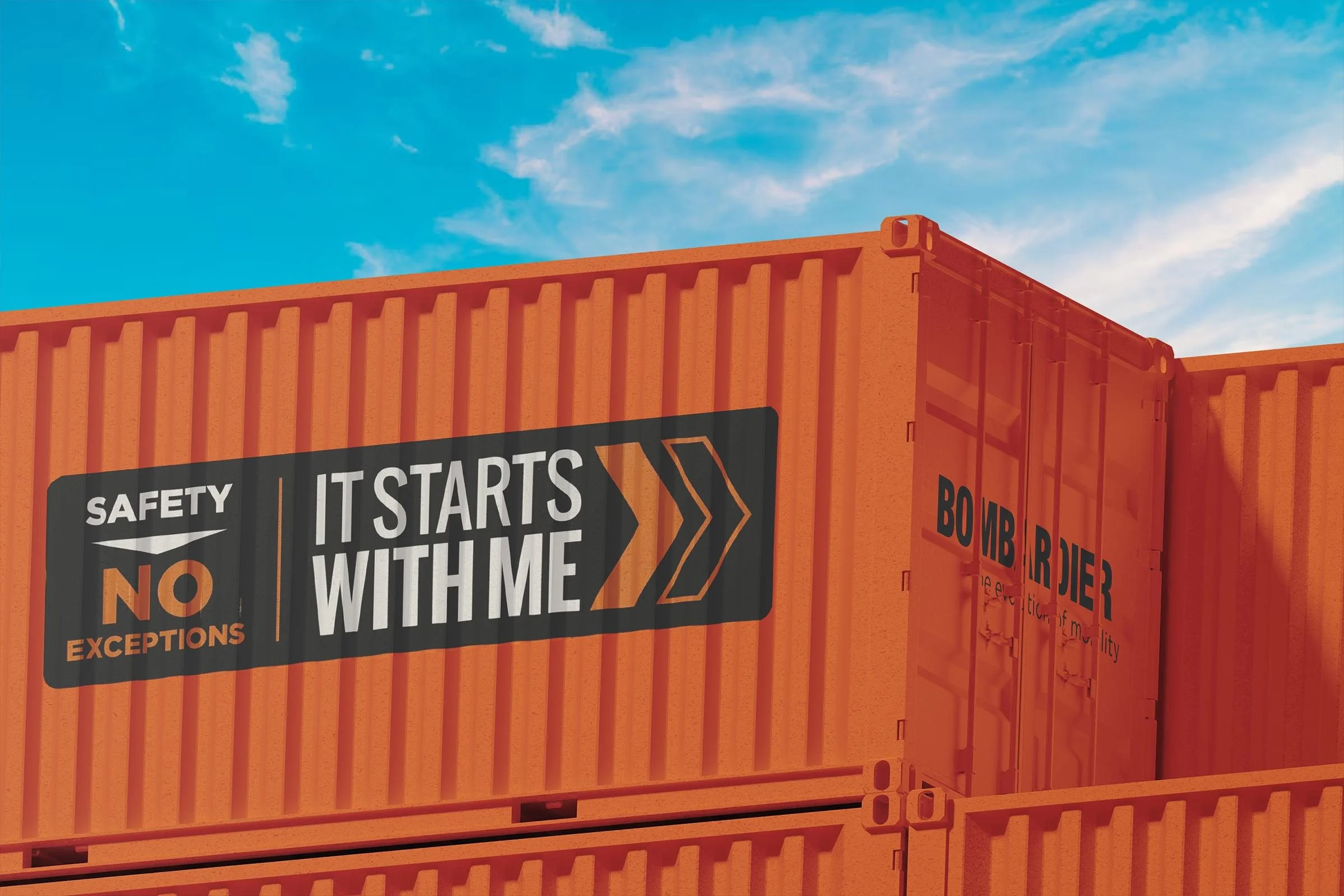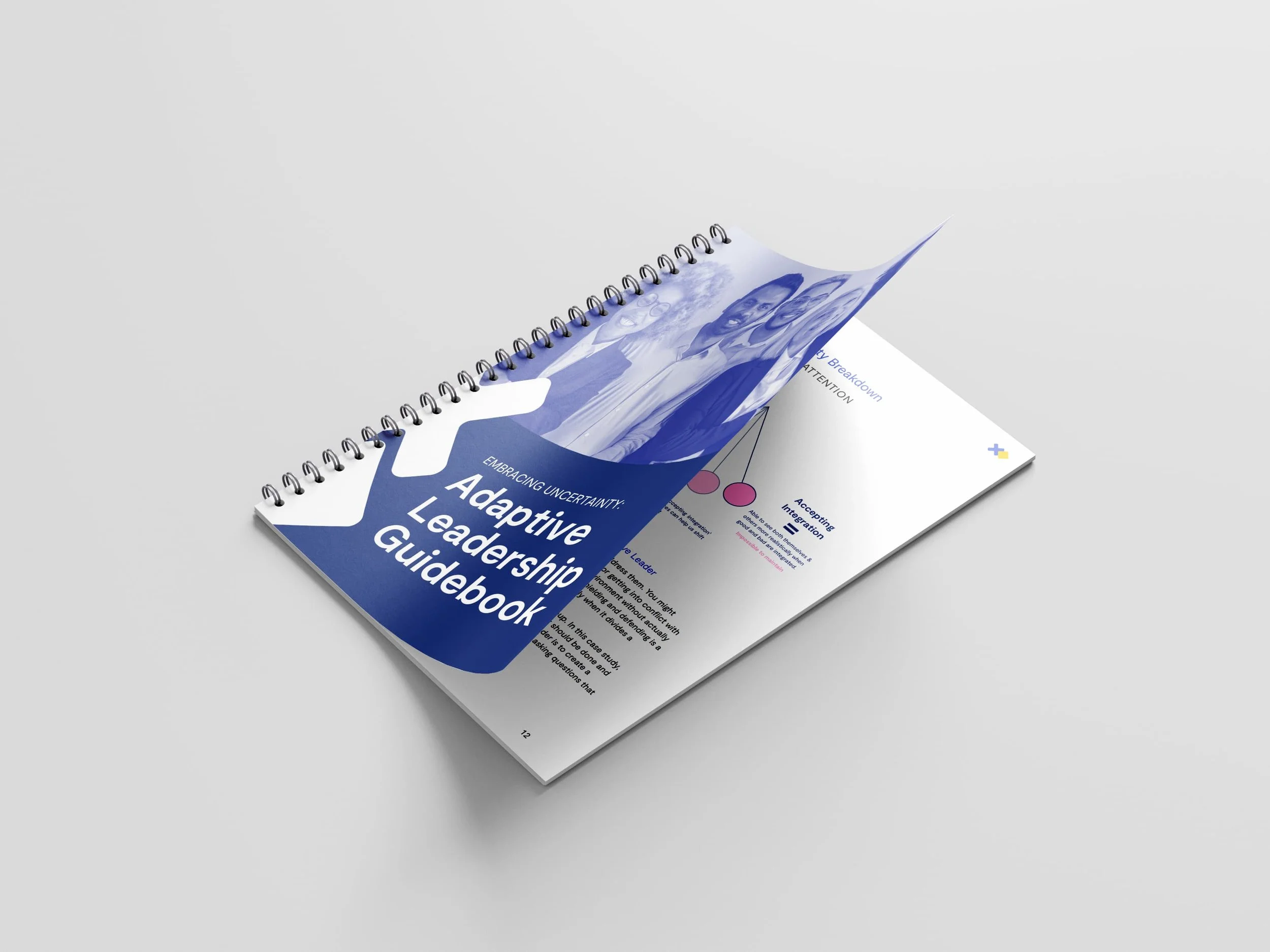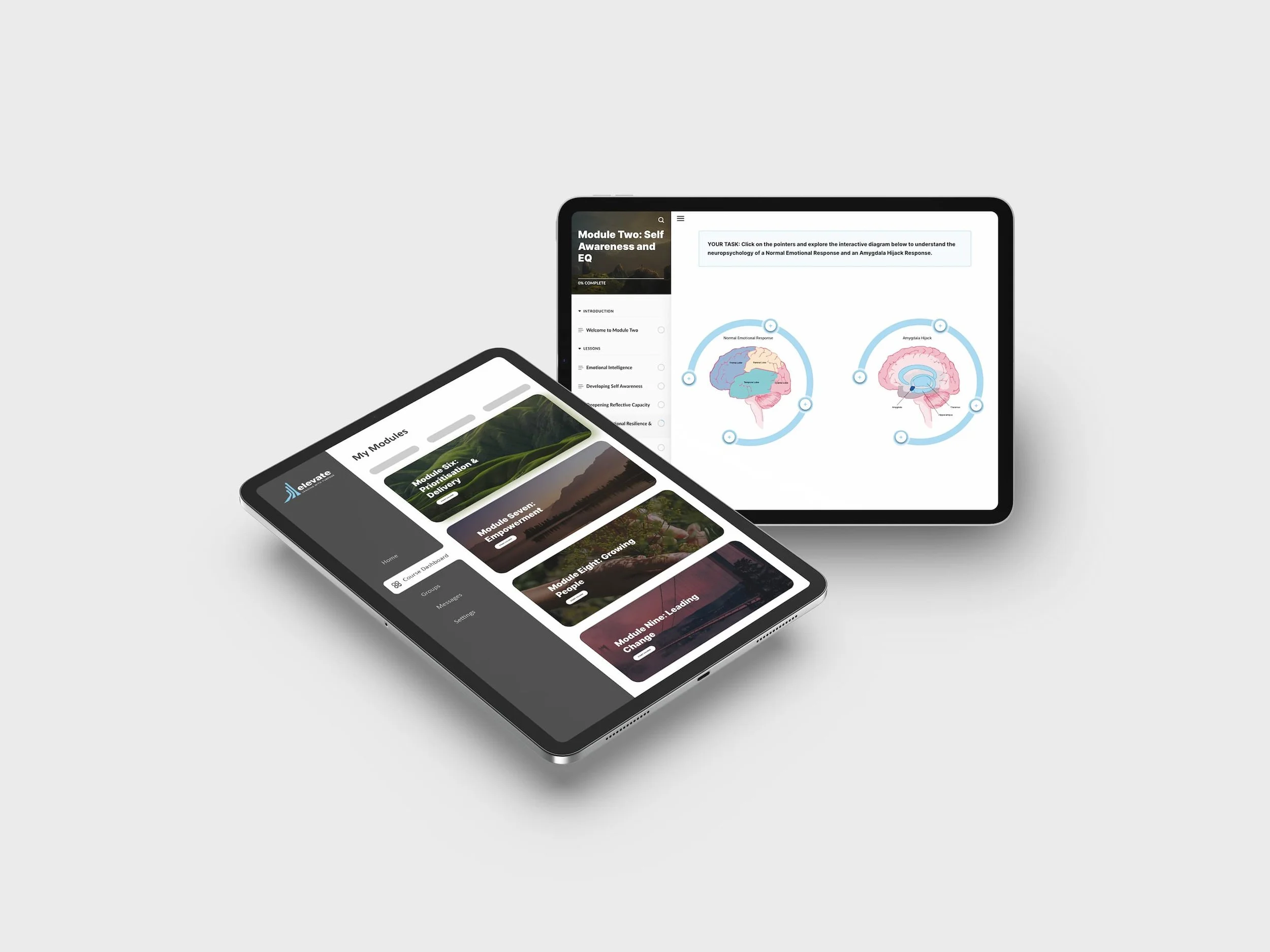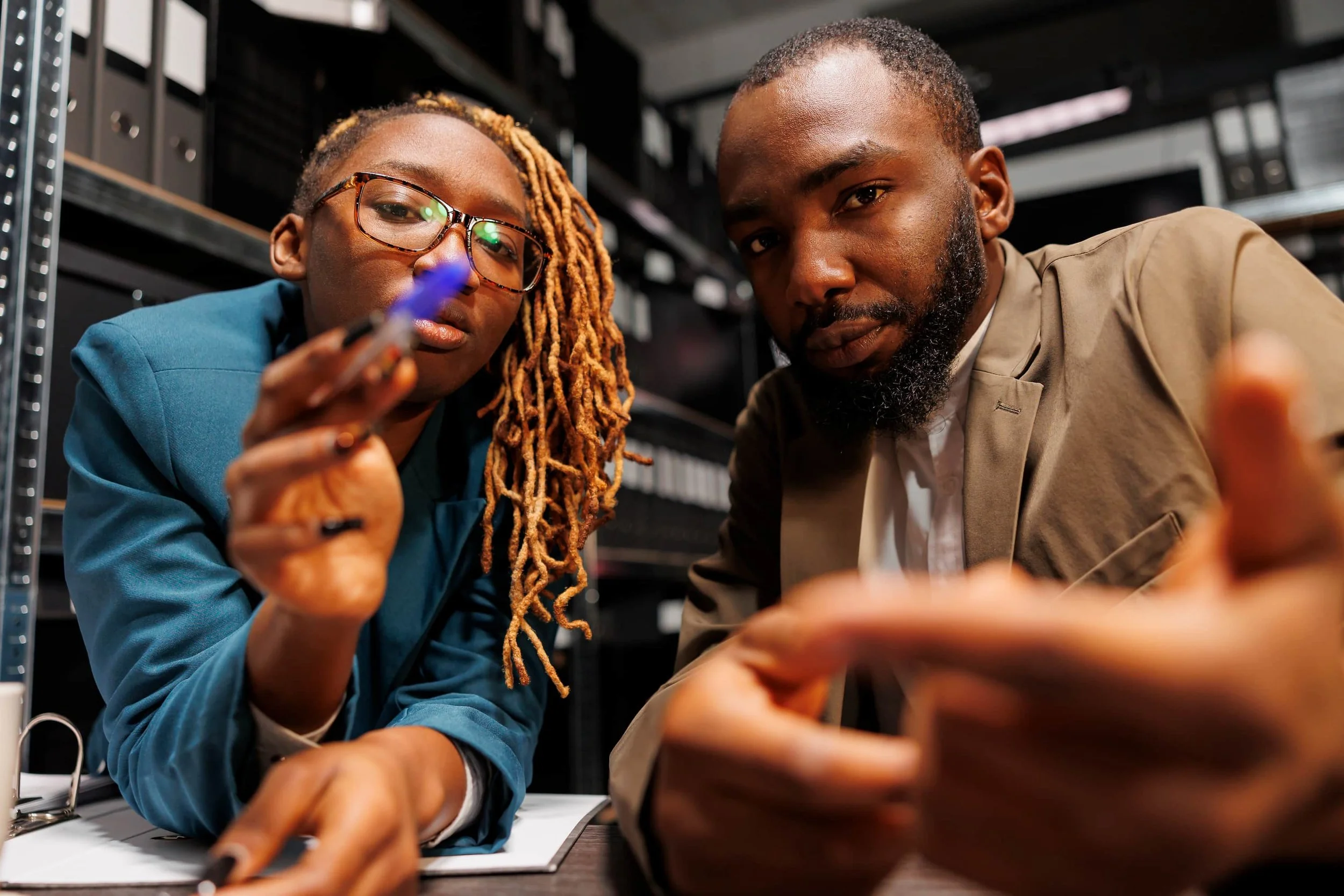CASE STUDIES
Bunnings | Purpose Campaign
Coates | Customer-centric Culture Change
Bombardier | Safety Culture Change
WesTrac | Safety Culture Change
Carriageworks | Culture Change
Lion | Values Launch Campaign
King & Wood Mallesons | Adaptive Leadership Program
Seek | Culture Playbook
Forensicare | Leadership Culture Change
Government Health | Interchange Escapes
Australian Unity | Creative Safety Campaign
Like what you’ve seen?
Let’s chat about how we could work together.



